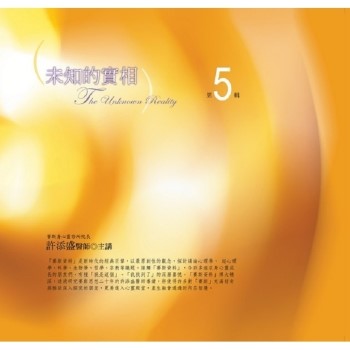Until the end of the eighteenth century, missionaries to the New World agreed that diabolism lay at the heart of the Native American belief system and at the root of their own failure to establish a church purged of Satan and pagan superstition. The Devil mattered, and he occupied a central place in discussions of all non-Christian religious systems and in the bitter disputes over how to combat them. In this elegant and sensitive analysis, Fernando Cervantes gives the Devil his due, illuminating a neglected aspect of the European encounter with America and setting the full history of the "spiritual conquest" in a rich and original context. He reveals how Native Americans reinterpreted the view of Christianity presented to them, how they refused to see the world as the missionaries saw it. Drawing on archival sources, he brings into clear focus the complex, often bewildering, and sometimes tragic clash between a theology that posited the existence of competing forces and one that insisted that all deities were multiform beings within which good and evil coexisted. He deals in compelling and persuasive detail with the social history of the interaction between the two cultures, explaining not only the impact of European ideas upon the New World but the influence of diabolism on the ideology of the Old. And he provides a subtle account of the role of diabolism in the emerging baroque culture of the seventeenth and eighteenth centuries that strikingly challenges conventional explanations of the growth of skepticism in the period.
| FindBook |
有 1 項符合
The Devil in the New World: The Impact of Diabolism in New Spain的圖書 |
 |
The Devil in the New World: The Impact of Diabolism in New Spain 作者:Cervantes 出版社:Yale University Press 出版日期:1997-05-29 語言:英文 規格:平裝 / 192頁 / 22.4 x 14.5 x 1.5 cm / 普通級/ 初版 |
| 圖書館借閱 |
| 國家圖書館 | 全國圖書書目資訊網 | 國立公共資訊圖書館 | 電子書服務平台 | MetaCat 跨館整合查詢 |
| 臺北市立圖書館 | 新北市立圖書館 | 基隆市公共圖書館 | 桃園市立圖書館 | 新竹縣公共圖書館 |
| 苗栗縣立圖書館 | 臺中市立圖書館 | 彰化縣公共圖書館 | 南投縣文化局 | 雲林縣公共圖書館 |
| 嘉義縣圖書館 | 臺南市立圖書館 | 高雄市立圖書館 | 屏東縣公共圖書館 | 宜蘭縣公共圖書館 |
| 花蓮縣文化局 | 臺東縣文化處 |
|
|
圖書介紹 - 資料來源:博客來 評分:
圖書名稱:The Devil in the New World: The Impact of Diabolism in New Spain
|









